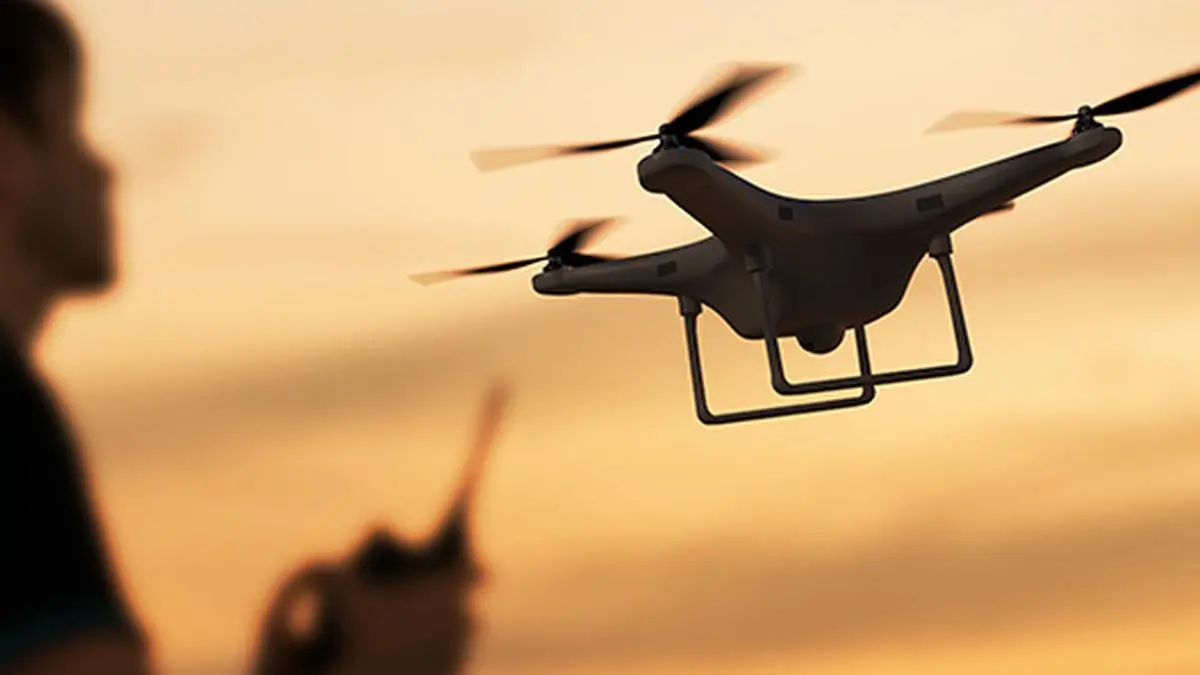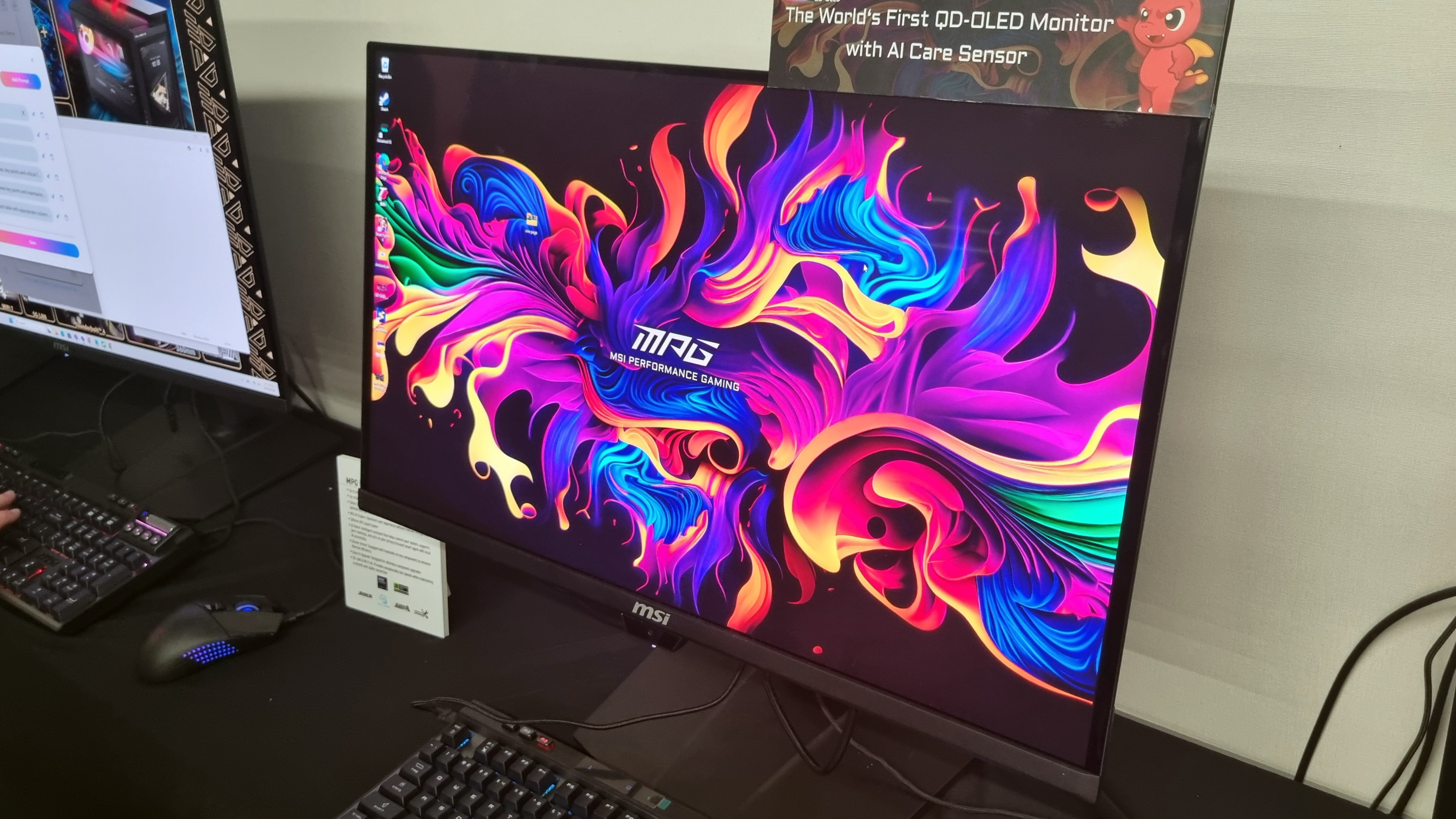Emerging Trends in Technology: AI, Health, and the Future of Work
Author: Lloyd Coombes

As we navigate through 2025, several transformative trends are shaping the landscape of technology, particularly in AI, healthcare, and the overall business environment. The integration of AI into various sectors is candidly influencing how companies operate, how consumers engage with products, and even how creative industries function. With the fear of job displacement looming due to AI capabilities, individuals and businesses are rethinking their strategies to adapt to these changes.
One of the immediate impacts of the rise of AI is evident in industries such as healthcare. Wear OS 6, set to launch this year, reflects a growing trend towards integrating health tech with wearable devices. Recent updates promise significant changes that will enhance fitness tracking, allowing users to monitor their health more effectively. New features are expected to empower users to take charge of their wellness, combining data analytics with user-friendly interfaces for better health insights.

Wear OS 6 promises to enhance user experience with better fitness and health tracking features.
Another noteworthy development is the introduction of AI recipe generators, which exemplifies the merging of technology with everyday life. These AI-driven applications are altering how people approach meal planning and cooking. By analyzing user preferences and dietary restrictions, they offer personalized meal ideas that simplify cooking while promoting healthy eating habits. As more individuals shift towards convenience in daily activities, such applications are becoming valuable tools in households.
However, while some individuals are embracing these advancements, others are expressing concern. Particularly significant is the narrative emerging from tech professionals, such as a Bengaluru-based developer fearful of job security amidst rising AI capabilities. With the uncertainty of technological layoffs affecting job positions previously considered secure, many are seeking alternative revenue streams, such as rental income, to mitigate risks associated with potential job loss.

A Bengaluru developer expresses concerns over potential job losses due to AI.
The fear of job displacement is not restricted to technology roles; it also bleeds into the creative industry. Iconic musicians like Elton John have flagged significant issues regarding AI's role in creative fields, particularly concerning copyright laws. The proposed UK policies surrounding AI training on creative works have faced fierce backlash from artists who worry about receiving inadequate compensation for their contributions. This controversy unveils complexities surrounding intellectual property in an age when machines can replicate creativity.
The implications of AI do not end with job security or copyright concerns. As AI technologies also find their place in defense sectors, they are reshaping how military decisions are made. AI promises to enable faster and safer decision-making based on real-time data analytics, paving the way for more strategic military operations. By analyzing historical incidents and behaviors, AI can potentially predict threats and enhance national security.

AI technology is transforming decision-making processes in the defense sector.
As these various trends unfold, the technology landscape continues to evolve at an unprecedented pace. Companies like Hisense are at the forefront of innovation with the launch of products such as the Vidda C3 Pro projector, designed for home theater enthusiasts. With a bright tri-color laser technology and advanced sound features, this projector exemplifies how tech firms are catering to the evolving preferences of consumers, who increasingly seek high-quality experiences at home.
Furthermore, the tech industry has introduced groundbreaking products such as the MSI 500 Hz QD-OLED gaming monitor, remarkable for its ability to conserve energy by shutting down when not in use, showcasing the growing trend towards sustainability in tech. The focus on anti-burn technologies and energy efficiency reflects a broader push for greener practices within the industry.

The MSI 500Hz QD-OLED gaming monitor exemplifies innovation in gaming technology.
In summary, while the technological advancements of 2025 present exciting opportunities, they also provoke essential discussions on ethics, job security, and the responsibilities of innovators. As we continue to leverage AI and other technologies, a collaborative approach between industry leaders, workers, and policymakers will be essential to navigate these complexities efficiently. The path forward will require embracing innovation while ensuring that human creativity and job security remain paramount.